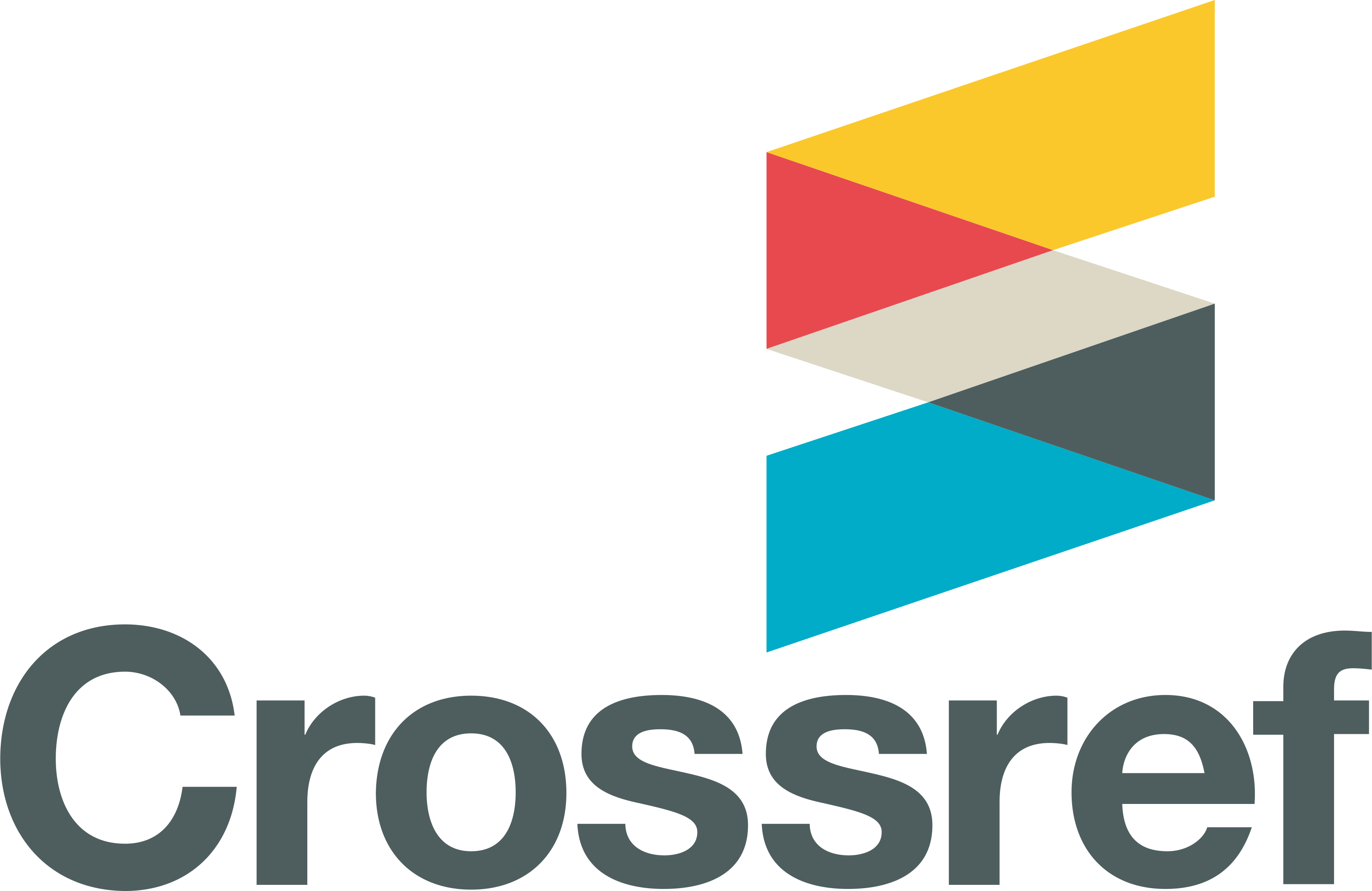Knowledge, Attitude, and Practices on Responsible Parenthood and Family Planning Among Beneficiaries of the Family Alleviating Program on Poverty of Caraga Region, Philippines
DOI:
https://doi.org/10.54610/jeseg/4.1.2022.004Keywords:
Family planning methods, responsible parenthoodAbstract
Responsible parenting requires commitment, the right values, and a certain level of maturity to raise a family with a quality life. This research assesses the knowledge, attitude, and practices (KAP) on Responsible Parenthood and Family Planning (RPFP) among selected 4Ps beneficiaries (n=659) in the five provinces of the Caraga Region. The socio-demographic and economic profiles of the respondents were correlated to their KAP on RPFP using multiple regression analysis. Results showed that most respondents are in their prime working age, married, Cebuano, high school graduates, embracing Christianity, from rural areas, nurturing a nuclear family with an average monthly income of P7, 287 for a family of six. Further, respondents are highly knowledgeable on RPFP while moderately knowledgeable about modern natural and artificial Family Planning Methods (FPM). Interestingly, they show a positive attitude towards RPFP and FPM but very frequently practice the principles of RPFP and occasionally practice FPM. The number of children and the age when they first become pregnant negatively affect their understanding of natural family planning. Whether their socio-demographic and economic status influences their KAP on RPFP, different government agencies whose mandate includes development should continue addressing various population issues. The study recommends a multi-dimensional, integrated, and holistic approach to addressing the various concerns that can contribute to an increased KAP among 4Ps beneficiaries towards the RPFP.
Downloads
Published
How to Cite
Issue
Section
License

This work is licensed under a Creative Commons Attribution-NonCommercial 4.0 International License.








